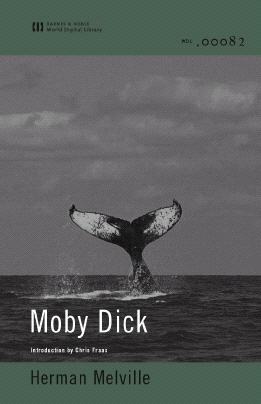- You Turn My Pages
- Available now
- New eBook additions
- New Kids additions
- New Teens additions
- Time for Family (and Relationships)
- Isn't it Bromantic?
- Expect the Unexpected
- Word on the Street
- The Comics and Graphic Novels of Neil Gaiman
- Hurray for Happy Hour!
- Hello Yellow
- The Adventures of Kamala Khan, Ms. Marvel
- See all
- You Turn My Pages
- Available now
- New Audiobooks
- New kids additions
- New Teens additions
- Most popular
- This Must Be a Sign
- Time for Family (and Relationships)
- Isn't it Bromantic?
- Expect the Unexpected
- Word on the Street
- Hurray for Happy Hour!
- Hello Yellow
- See all

